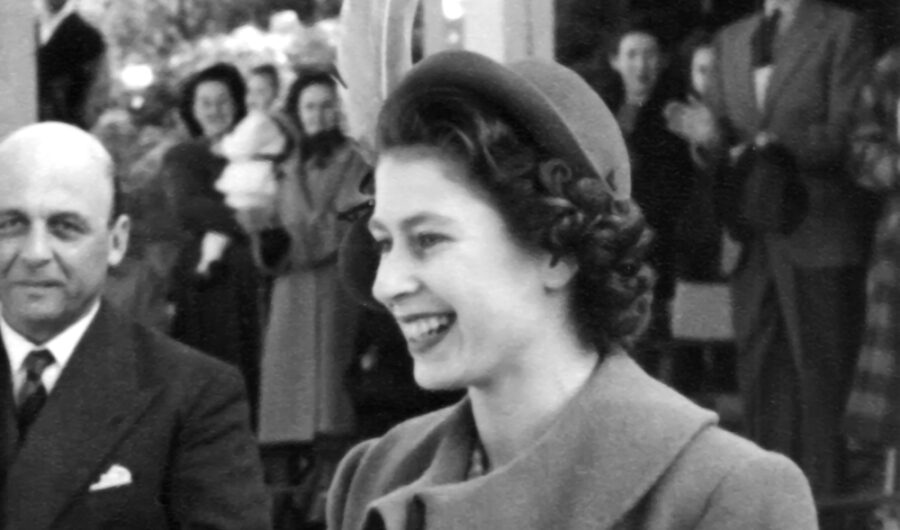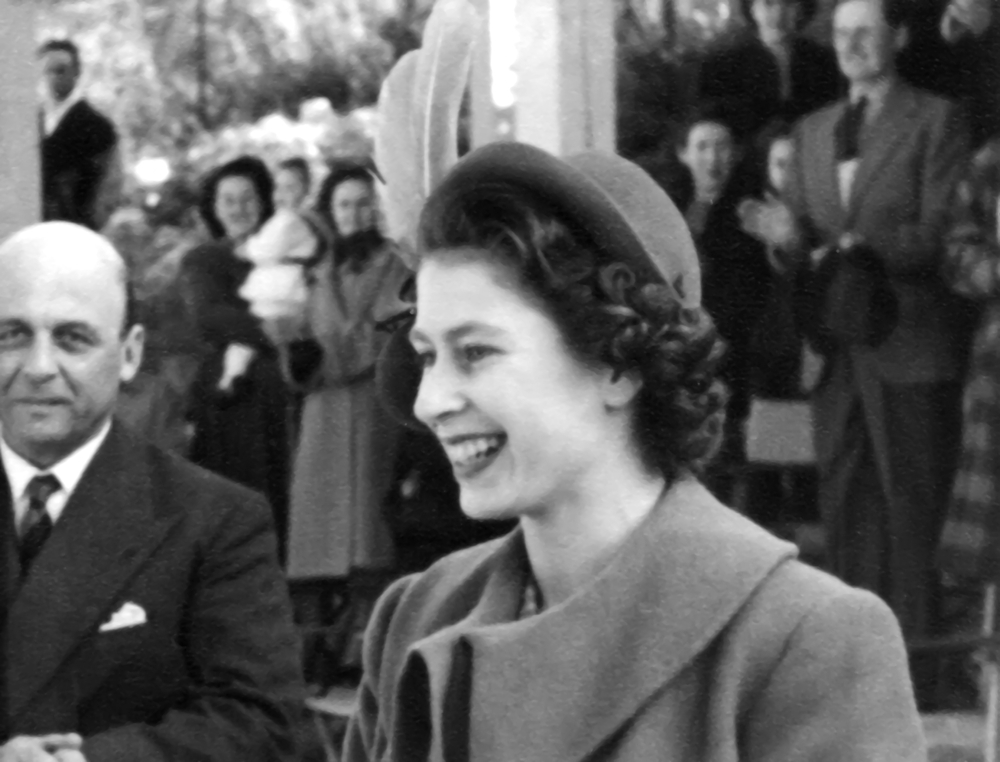When the Queen passed away, my emotions really took me by surprise. I knew I was going to be sad, but I didn’t know how sad I would feel. When I told my two young boys that the Queen had died, my voice broke and I burst into tears. This was totally unexpected, but it was at this point that I realised just how much of a loss I felt. The Queen had been a constant in our lives, and I had always admired her hugely for her commitment to duty, to serve and her unwavering strength and resilience. In an unstable time (post-pandemic, new government, war, cost of living crisis) I imagine her passing will be felt even more strongly for those fearing what is to come, as her death certainly marks the end of an era. Grief is something that everyone goes through differently, so we caught up with Dana Moinian, Senior Psychotherapist at The Soke to help us navigate this tricky (for many) time.
Talk Openly About How You Feel
Even those who haven’t always agreed with the principle of monarchy, it’s unsurprising if they feel a sense of loss at this news and no doubt it’ll be confusing to them to feel this way. The reality is that the Queen had been a constant presence for us all, and consistency often creates a sense of security. Like many other aspects of our lives that has seen turmoil in the recent past, this is yet another interruption to what we might think of as “normal” and once again, it’s a sense that will be commonly shared across many divides. My advice around sadness is always to talk openly about it. With regard to The Queen, if you’re feeling a sense of loss, say it, and if you’re one of those who simply wants to acknowledge the void created by the otherwise constancy of her presence – without necessarily making a value statement about the monarchy – that’s ok too.
Anxiety is Normal
It’s completely normal to experience some sort of anxiety when one faces the unknown – after all, we’re programmed to perceive such situations as threatening. The chances are that if you’re feeling this way at the moment, then you’re not alone. I therefore recommend utilising the community around you and sharing your thoughts and emotions as a way to navigate through with a sense of support and shared experience: history (including the recent pandemic) has shown that this can be enormously helpful.
Just Because The Grief is Shared Doesn’t Mean it Will Feel Easier
When grief is collective, the feeling of isolation and loneliness can be lessened as one can assume mutual understanding and togetherness – there is certainly much to be said for the positive effects of a shared experience. On the other hand, in times of personal grief we often look for continuity and a sense of stability around us, and if grief is collective and others are in the same boat, then the loss of control can feel greater. There’s no single answer – it really depends on the individual and their surroundings.
Losing The Queen May Remind You Of Other Losses You’ve Suffered
Grief usually takes months, if not years, to process, so there is a degree of emotional muscle memory that sets in and is applied when we experience any form of grief again. It is, therefore, inevitable that our minds will now wander into those losses and the difficult feelings attached to that particular time. I have already heard (and it has not yet been 24 hours) several people refer back to the time they lost a parent, and how it has made them think of their loved one, which is unique and deeply personal to every individual.
Article by Sadie Reid














